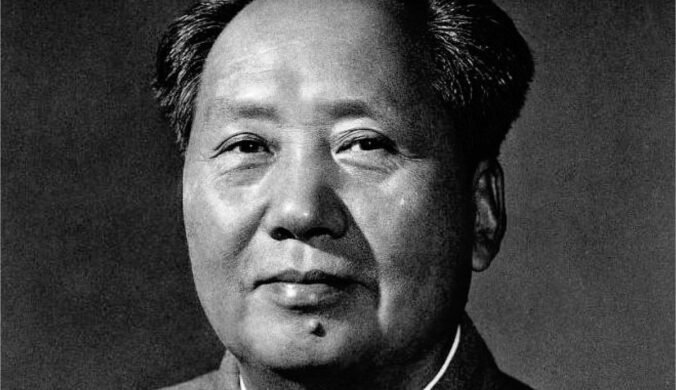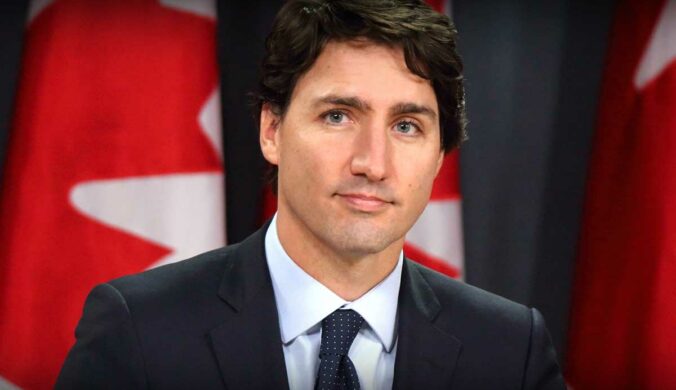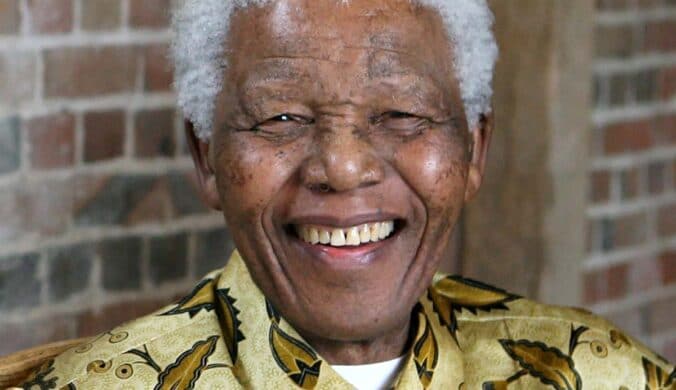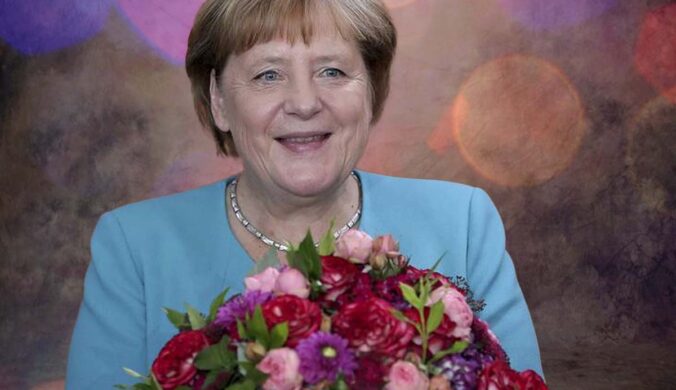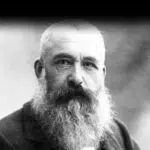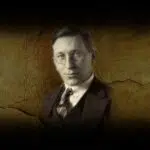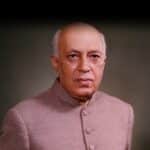Jawaharlal Nehru was born on November 14, 1889, and was the Prime Minister of India for 16 years. He was a prominent figure in the middle of the 20th century, pioneering the Indian nationalist movement. His ruling principles were centered on parliamentary democracy, secularism, and science and technology. He was loved and revered by the people and was voted into power a total of three times, securing 45% of the votes. He was influential in the modernization of ancient India and was designated as Mahatma Gandhi’s political heir. He is also a well-regarded author, with his books being read around the world, and he died while serving as the nation’s Prime Minister.
Fast Facts
Full Name:
Jawaharlal Nehru
Nickname:
Pandit, Chacha
Birth date:
November 14, 1889
Death date:
May 27, 1964 (age 74)
Zodiac Sign:
Scorpio
Height:
5' 10.1"
Net Worth:
$5 million
Background
Jawaharlal Nehru is one of the most notable figures in the history of India, and rightfully so. He was born in Allahabad in British India. He was the son of a prominent barrister, an Indian nationalist, and twice-President of the Indian National Congress, Motilal Nehru, and Swarup Rani Thussu, the daughter of the well-known Kashmiri Brahmin family in Lahore, and the second wife of Motilal. Nehru had two siblings. Her older sister, Vijaya Lakshmi, became the first female President of the United Nations General Assembly. His younger sister, Krishna Hutheesing, was an author and wrote several books about Nehru. He grew up in a sheltered, palatial estate and was homeschooled by private tutors and governesses. From an early age, he became interested in theosophy and aware of the religious and cultural heritage of India through Buddhist and Hindu scriptures. However, the Second Boer War and the Russo-Japanese War brought about a new chapter, as his views became more nationalist-oriented.
In 1905, he went on to study at prestigious schools in England — Harrow School, Trinity College, and Cambridge — and furthered his studies with the law at the Inner Temple. After he became a barrister, he returned to India in 1912 and enrolled at the Allahabad High Court, which piqued his interest in national politics. To start his career, he joined the Indian National Congress in support of the Indian civil rights movement led by Mahatma Gandhi. After World War I, Nehru’s political views were considered radical because he believed India could become an independent nation. His first major national involvement came with the non-cooperation movement in 1920, for which he was arrested the following year and released a few months after. His freedom was short-lived as he was arrested again in Nabha in 1923. However, nothing stopped him as he continued to play a leading role in India’s struggle for independence and was elected to the Executive Council of the League against Imperialism in 1927. He drafted the policies of the Congress and a future Indian nation two years later, and in that same year, he became president of the Indian National Congress. The policies were ratified in 1931, at the start of the Home Rule for Indians movement, which lasted until the 1940s. In October 1940, Gandhi and Nehru launched a civil disobedience campaign against British rule, which led to their arrest and four years of imprisonment of Nehru. He was however released slightly after a year, three days before the bombing of Pearl Harbor. Nehru visited prison walls for the fourth time, along with other members of the congress, including Gandhi, following the Quit India resolution of 1942. Tides shifted in 1946 as all members of Congress were released just before Britain’s transfer of power. In 1947, India gained independence, and Nehru became its Prime Minister and Gandhi’s successor.
He was officially elected five years later and remained Prime Minister for 16 years, having been re-elected two more times. Nehru’s tenure gained massive popularity from the locals and other world leaders, and he is said to be India’s most popular leader to date. In 1964, he died of a heart attack with no successor after suffering a decline in health for two years. His death was felt across India and the world at large, and his cremation was witnessed by over 1.5 million mourners. Lal Bahadur Shastri later succeeded him, and his ashes lay to rest at the Shantivan on the banks of the Yamuna.
Career timeline
Nehru leads the non-cooperation movement of Gandhi in the United Provinces.
Nehru is detained for the first time on suspicion of anti-government activity; the second while attending the Sikhs' battle with the Mahants.
Nehru becomes president of the Congress and officially writes India’s Declaration of Independence from Britain.
India becomes an independent nation, and Nehru becomes its Prime Minister.
India holds its first democratic elections, and Nehru still emerges as Prime Minister.
Nehru is again chosen to serve as prime minister in the subsequent elections.
Why We Love Jawaharlal Nehru
He is a freedom fighter
The best quality about Nehru is that he is always on the side of freedom. Freedom from injustices, unfair rules, and freedom of all Indian citizens and other third-world countries. Without him, India would not have been able to take back its freedom, let alone boast of a modern present. The people owe their independence to him, and we pay him due respect because of it.
He’s a humanitarian
Nehru carried out numerous humanitarian acts while he was still alive. Among these were visiting the sick and needy and encouraging child education. Being a world leader and a powerful force never stopped him from being humane, so we have no excuse!
He was a feminist
At a time when girls’ education and feminism were practically absent, Nehru proved himself an avid feminist. Although it could not be tightly labeled as such in those times, his interest in educating children of all genders, including his daughter, suggests him as one. In his book “Letters from a Father to His Daughter,” he penned down 30 letters to his daughter, who was 10 years old at the time, instructing her about natural history and world civilizations. What a gem!
5 Surprising Facts
He was an exceptional author
Nehru wrote three books in prison that have now been read all over the world — “Letters From A Father To His Daughter,” an autobiography, and “The Discovery of India.”
He cheated death
Nehru is said to have survived four recorded assassination attempts in 1947, 1955, 1956, and 1961, respectively.
Like father, like daughter
Indira Gandhi was Nehru’s daughter and was the third, as well as the first and only female Prime Minister of India.
He prevented a war
Nehru was part of the forces that formed the Non-Aligned Movement (NAM). which empowered third-world countries against the two blocs of the Cold War.
His birthday is also another special day
In India, Nehru’s birth anniversary is celebrated as Children’s Day because of his advocacy for child education.
Jawaharlal Nehru FAQs
Why is Nehru called Pandit?
He had roots in the Kashmiri Pandit community, which took part in the long war for independence from the British, and was a strong supporter of nation-building because he saw that the young Indian country had a tryst with destiny.
What is Nehru's famous speech?
On the eve of independence, he delivered his speech, ‘Tryst With Destiny.’ It is regarded as one of the most powerful speeches of the 20th century.
What is the role of Jawaharlal Nehru in the freedom struggle?
He was a key figure in the negotiations for Indian independence.
Jawaharlal Nehru’s birthday dates
| Year | Date | Day |
|---|---|---|
| 2025 | November 14 | Friday |
| 2026 | November 14 | Saturday |
| 2027 | November 14 | Sunday |
| 2028 | November 14 | Tuesday |
| 2029 | November 14 | Wednesday |


